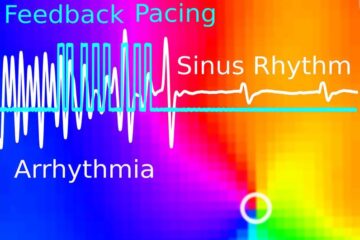Reforming EU Agricultural Policy

EU agricultural policy has its roots in the post-war food shortages and is completely outmoded today. The problems of colossal surpluses of meat and butter and dramatically rising costs indicate that something must be done. But this requires planning models and methods to make it possible to carry out the necessary reforms in a sensible way.
What would happen, for example, in various European countries if the EU were to eliminate its subsidies for sugar or grain? How would various countries be affected if tariffs were removed for agricultural products from the Third World? Today there are no models to perform such analyses of the consequences of different decisions.
“Three years ago, working with colleagues from the Netherlands and Germany, we started to set up guidelines for a research project to develop the necessary models. At the time many people thought the whole idea was highly unrealistic, considering the many strains within EU agricultural policy.
“But now everybody seems to have recognized that the current subsidies are untenable and that change is overdue. This means that our research project can now almost be seen as having been made to order for the EU Commission,” says Professor Lennart Olsson.
Lennart Olsson directs LUCSUS, Lund University Centre for Sustainability Studies. LUCSUS is an interdisciplinary research team from the Department of Social and Economic Geography and the Department of Chemical Engineering, and they have been charged with maintaining contact with the EU Commission, national authorities, and various agricultural interests. They are also responsible for the overarching structure of the complex computer-based planning models that are to be developed.
Media Contact
More Information:
http://www.lu.seAll latest news from the category: Agricultural and Forestry Science
Newest articles

Wildfire danger to increase due to climate change
WSL Institute for Snow and Avalanche Research (SLF) researchers expect an elevated wildfire danger in the Alpine Foreland from 2040 onwards due to changing meteorological conditions. The danger currently remains…

Advanced Brain Science Without Coding Expertise
Researchers at Helmholtz Munich and the LMU University Hospital Munich introduce DELiVR, offering a new AI-based approach to the complex task of brain cell mapping. The deep learning tool democratizes…

Gentle defibrillation for the heart
Using light pulses as a model for electrical defibrillation, Göttingen scientists developed a method to assess and modulate the heart function. The research team from the Max Planck Institute for…





















